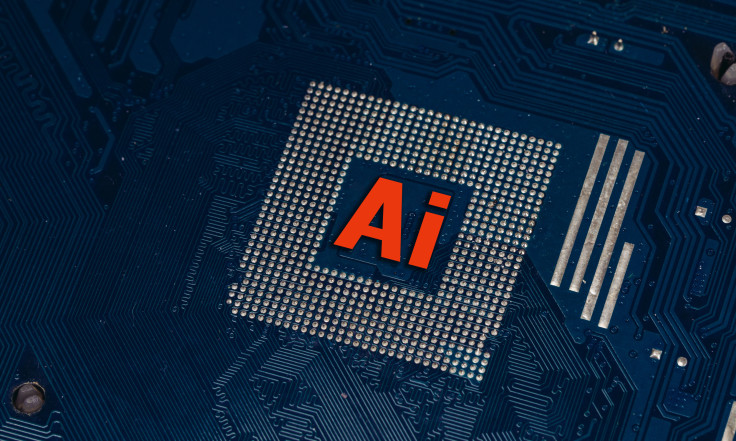
The chairman of the world's banking watchdog has claimed AI could "change the course of history."
Pablo Hernandez de Cos, who chairs the Basel Committee on Banking Supervision and also serves as the governor of the Bank of Spain, declared the rapid development of the technology could lead to negative ramifications and urged leaders to take action at the upcoming global summit.
Many of the world's political and business elites will gather in Davos this week under the heading of "Rebuilding Trust", at a time when global cooperation is in vanishingly short supply.
Western bombings in Yemen, Israel's war in Gaza, the threat of worsening China-Taiwan tensions and the conflict in Ukraine will cloud this year's World Economic Forum (WEF) after 2023 was marred by the highest civilian death toll from global conflicts since 2010.
With this in mind, Hernandez has urged governments to work together to tackle a new threat - AI technology.
The "really remarkable" cooperation on financial regulation that allowed watchdogs to keep the world's financial system stable through a pandemic and two wars should be applied to AI", the Spanish official added.
Although the conference in Davos maintains a focus on the economy, AI is likely to play a big role in the discussions.
Sam Altman, the recently reinstated head of OpenAI, Satya Nadella of Microsoft and Arvind Krishna of IBM are all expected to speak at the annual gathering in Switzerland, which kicks off today.
Delegates are also expected to debate the governance of AI, including a longstanding dispute on whether the technology should be open-sourced and made available to the general public, or kept secure in the hands of a few companies such as Google, OpenAI and Microsoft.
This summit follows the world's first AI conference, hosted by UK Prime Minister Rishi Sunak in Buckinghamshire, in November last year.
In the build-up to the conference, Sunak announced the establishment of a 'world first' UK AI safety institute.
The summit concluded with the signature of the Bletchley Declaration – the agreement of countries including the UK, United States and China on the "need for international action to understand and collectively manage potential risks through a new joint global effort to ensure AI is developed and deployed in a safe, responsible way for the benefit of the global community".
Mr Hernandez de Cos said the Basel Committee would publish a report on the financial stability implications of AI in the coming months.
"Financial stability is only one dimension, there are many other potentially more important consequences related to AI. Issues that if not properly managed could change the course of history, not necessarily for the good," he said.
"If we are not able to give a coordinated global response, the likelihood of getting the right solution to these challenges will be reduced."
Last month, In its bi-annual Financial Stability Review, the Bank of England (BoE) announced it would launch a fresh review into the impact of AI, amid fears the rapidly developing sector could pose serious risks to the UK's financial stability.
The BoE also claimed it was currently taking advice about the potential implications stemming from the adoption of AI and ML in the financial services sector, which accounts for around 8 per cent of the British economy and has deep-rooted global connections.
Gary Marcus, an AI expert and professor at New York University who is attending Davos this year, says a crucial question for attendees will be what can be done to prevent and limit AI-mediated misinformation in democracies over the next 12 months.
"There are 70 elections around the world in 2024, deepfakes are getting better, and [AI] models can be used to create misinformation," he said. "This is a vital issue."
A new report published by the WEF claims AI-powered misinformation is the world's biggest short-term threat.
With 2024 being dubbed by many as "the year of elections", their Global Risks Report expressed fears that a wave of artificial intelligence-driven misinformation and disinformation could influence democratic processes and polarise society.
Such a threat is the most immediate risk to the global economy, the document, released annually, concluded.







